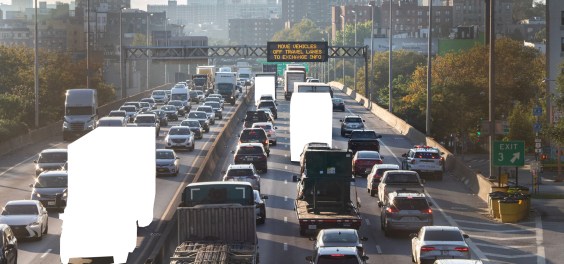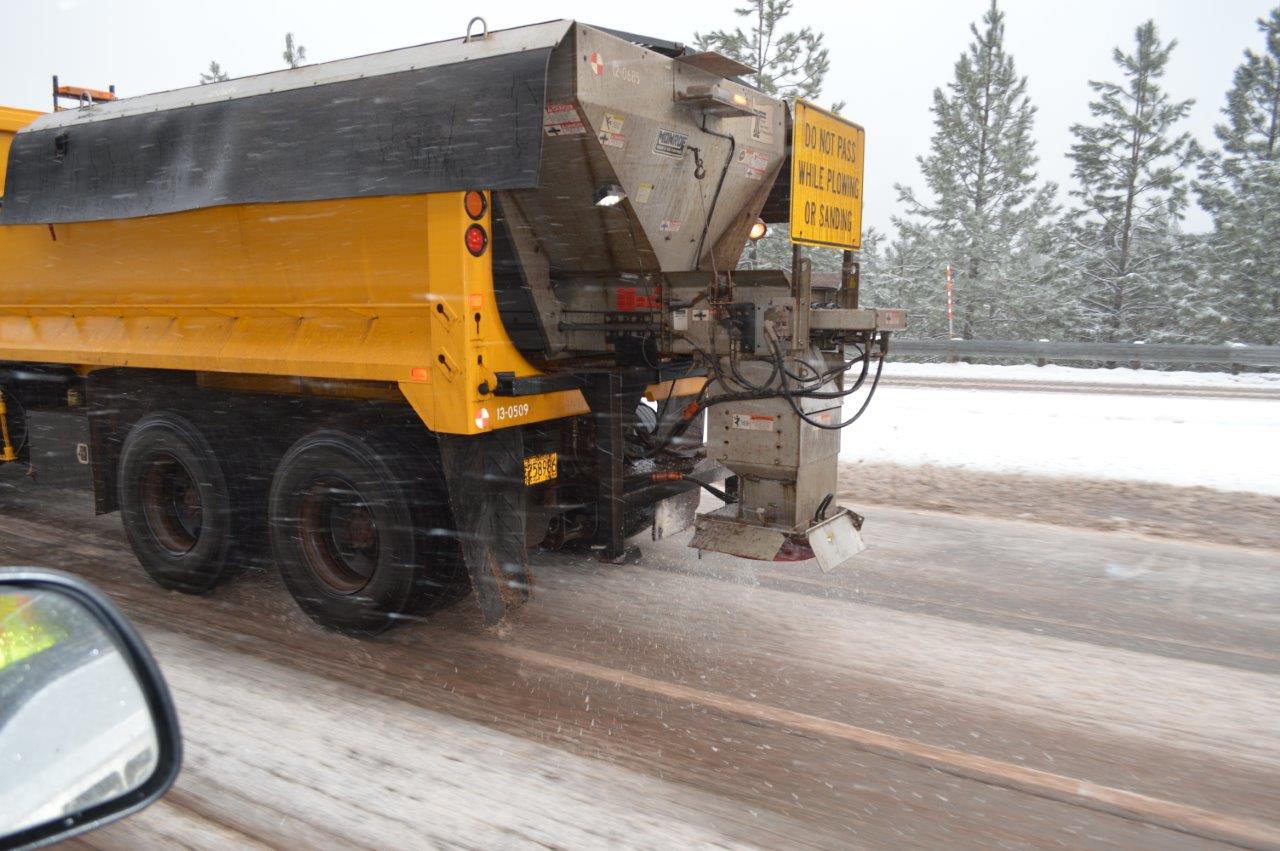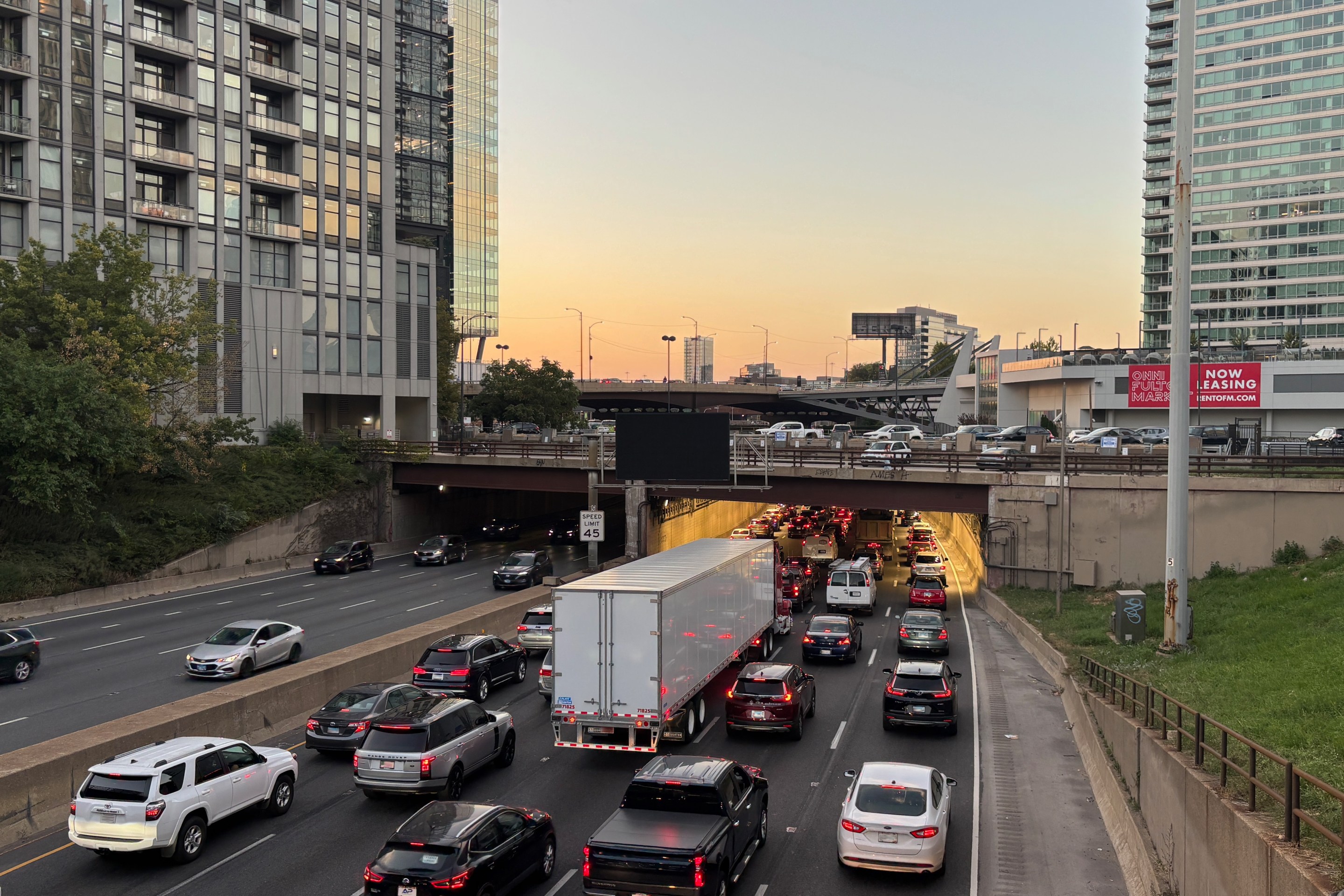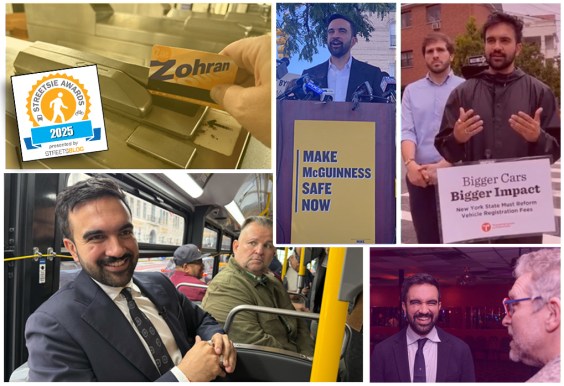It's a sad irony that fire departments, while essential to public safety, are often a major obstacle to safer streets in American cities.
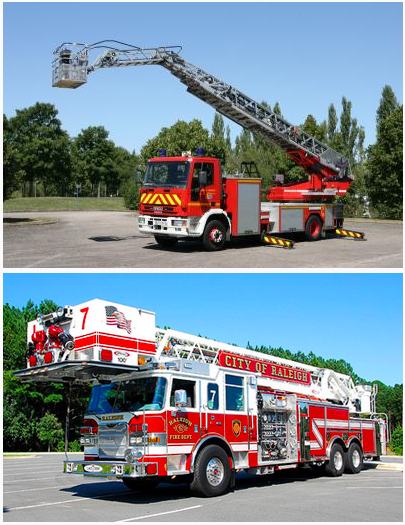
When cities try to redesign streets to reduce traffic injuries and get drivers to travel at safer speeds, the local fire department often steps in to prevent changes that it believes will hinder the movement of its enormous trucks. Fire departments prefer wide traffic lanes and street corners designed for turning trucks -- exactly the sort of conditions that lead to higher rates of traffic injuries and deaths.
There are plenty of experts who argue that firetrucks should be designed to fit streets, not the other way around, but these critical voices usually come from outside the fire safety profession.
Well, that might be changing. In a post at FireChief.com, retired battalion chief Robert Avsec says there's definitely a case to be made that American firetrucks are too large: They aren't as maneuverable in heavy traffic, they're expensive, and they're inefficient for trips that aren't fire emergencies.
The public would be better served, Avsec argues, by smaller trucks, like those used in European and Asian cities:
For many years I've held the opinion that European fire departments get a lot more bang for their buck from their fire apparatus. Fire apparatus used in Western Europe typically excel in these four areas.
- They're highly maneuverable on the narrow, winding streets.
- There is very little wasted compartment space.
- They have a much smaller apparatus footprint than American rigs.
- They carry most equipment in enclosed compartments protected from the elements.
A while back I wrote about today's generation of rapid response vehicle -- the lighter, cheaper and swifter sibling of the Type I engine. Fire departments in Europe and Asia are using the RRV as a primary tool in their urban firefighting deployment strategy.
Fire departments in Tokyo and Singapore are two examples that have used different strategies to address three response challenges that are very similar to those faced by European fire departments.
One source of inertia against smaller vehicles has been the assumption that insurance companies charge property owners better rates if the local fire department uses big trucks. However, Avsec reports that the way insurance companies determine fire damage risk has changed and become more nuanced. And besides, he says, fire departments should value human life above all:
Every fire department states that their first priority is life safety. So why do fire departments continue to chase the holy grail of lower property insurance rates for their community?

